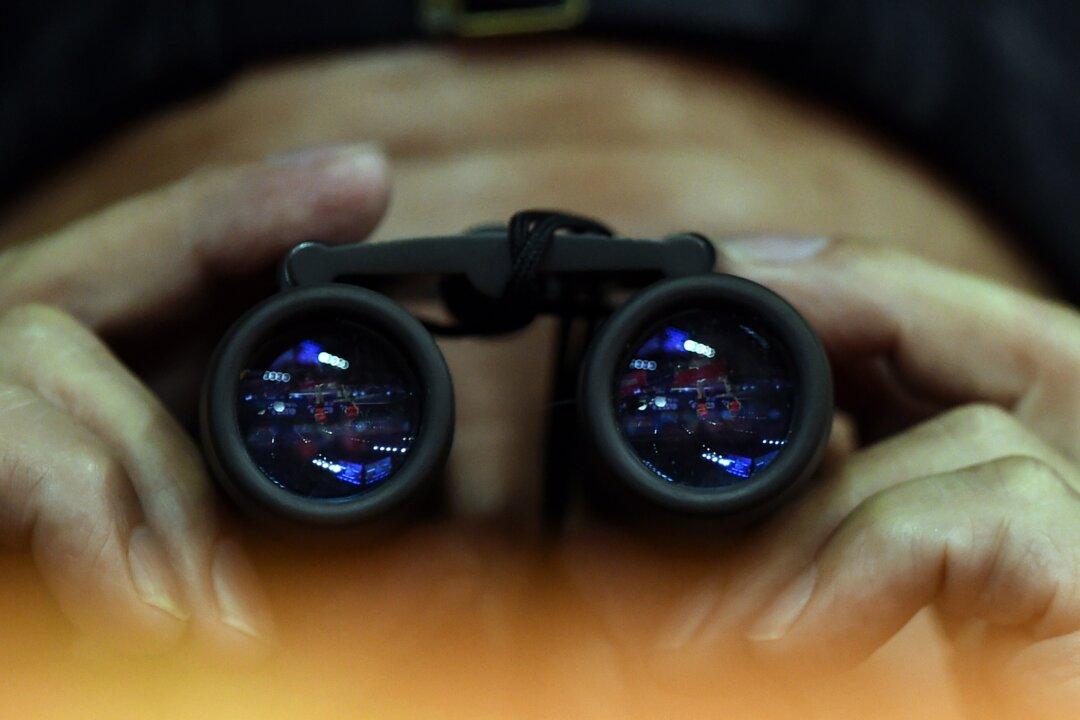A San Francisco Bay Area man has been arrested and charged with spying for the Chinese government, the U.S. Department of Justice reported on Sept. 30.
Xuehua “Edward” Peng, 56, a naturalized U.S. citizen from China, was arrested for “acting as an illegal foreign agent of the People’s Republic of China,” last Friday at his home in Hayward, Calif., according to DOJ documents.





